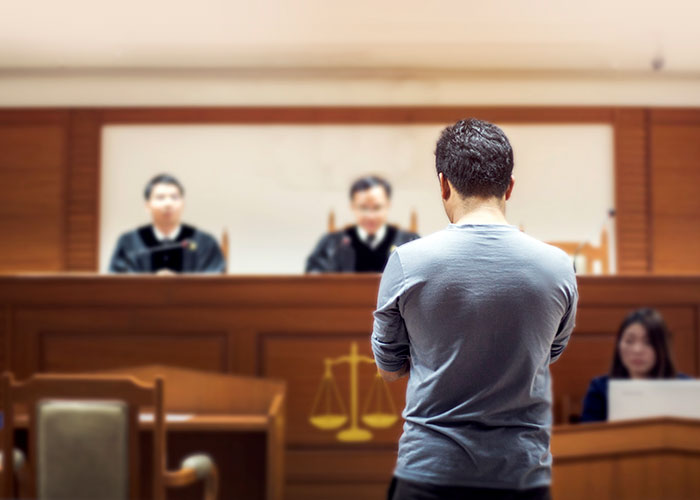The act of signing a contract or other document is simple. The legal significance of the signed document, however, may have lasting impacts. It is important to know what the agreement is.
- Understand the writing. The title of a document, or the title of a section, may be ambiguous or even misleading. Read and understand the entire document, including the fine print.
- Check the document for accuracy. Check the dates, names, spellings, amounts, terms and conditions. Once signed, you are bound.
- Initial any changes. Erasing, striking out, interlineating are acceptable ways to modify a preprinted document. If this is done, be sure to initial next to any change.
- Sign all pages of the document. If the document is more than one page, sign each page. This way, you are ensured it is the document you agreed to.
- Do not be afraid to ask questions. You must understand the contents of a document. If you are unsure about any item in a document, ask questions. Do not sign a contract unless you are satisfied you understand the meaning of the term or condition.
- Take your time. Do not feel rushed into signing a significant document. Often, it is the best advice to take a step away from the situation and allow space and time to review the document.
- Contact an attorney. In some cases, it is wise to seek the assistance of an attorney to assist in reviewing the document, making changes, or negotiating terms and conditions.
- Sign the document. Only when the document is acceptable to you.
- Keep a copy. Obtain a complete copy of the fully signed document and retain for your records and later reference.
We hope you find this information helpful. Do not hesitate to contact us.





